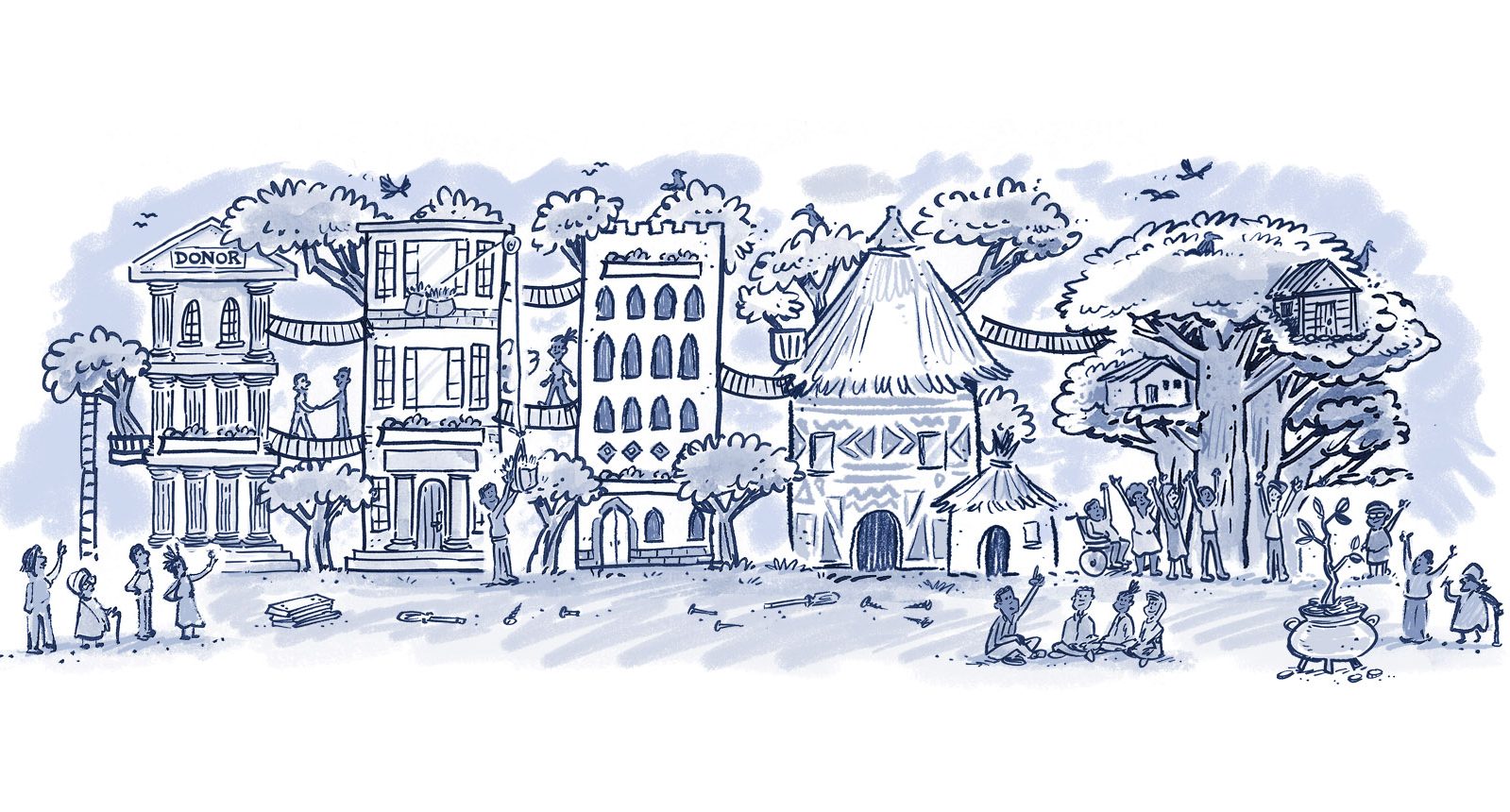
By Andrés Thompson
It has been almost 50 years ago since the democratic process in Chile was interrupted by a military coup with the support from the United States. Soon after, it was a period of resistance, of saving lives from repression, of finding ways to escape into exile. With a few exceptions, local and international philanthropy played a marginal role at that time. The neoliberal economic policies implemented by the military under the influence of the Milton Friedman ́s “Chicago Boys” seemed to be successful during almost 40 years. Social inequality, however, grew along with the GDP. In October 2019, the system started to explode due to massive street demonstrations. As a result of these, the government decided to call for a Constituent Convention. On May 16, the elections for delegates to the convention surprised Chile and the world. The rightist ruling coalition and the center-left “concertación” lost beyond expectations while delegates emerged from the new social movements, particularly women, were the clear winners. The convention is going to be the first in the world that reflects gender equity and an important participation of indigenous people. The opportunity for changing the political and economic situation of Chile in favor of a more equitable and just society is open. What is the role of philanthropy, if any, in this new context? Will it continue to be a passive observer, or will it take a political stance and become involved and engaged in the process?
In a time were environmental and health catastrophes are imposing the philanthropic agenda there is now a unique opportunity to bet for the future.
Looking at the past, there is no evidence that during the military dictatorship in Chile (1973-1990) domestic institutionalized philanthropy played any relevant role. However, there is no doubt that non-institutional philanthropy was present and made a difference in thousands of people going through political persecution, repression, and economic hardship. The infrastructure for human rights defense, for instance, was built through hundreds of anonymous donations. Some international philanthropies, like the Ford Foundation, were actively present in helping academic centers, NGOS and human rights groups in preparing the ground for the transition to democracy. Grants for designing economic public and social policies, popular education programs, gender equity campaigns and human rights were made during that period with the purpose of laying the ground for the new democracy and advance the discussion in the public arena. Several intellectuals and technocrats working at those organizations became later public officers of the new democratic governments. In a certain way -beyond the controversies around the agreements to maintain Pinochet ́s economic policies even under democratic rule-, these grants made by Ford Foundation are a demonstration that the investments made in think tanks to support the development of a new political agenda proved right.
The lessons learned during that period are more valuable today than ever. These movements and their representatives in the Constituent Convention, in particular women and indigenous people, will require support to advance their democratizing agendas.
They are shifting the power of decision from the traditional political parties to people led movements and from an elitist way of ruling to more open and diverse forms of representation. It is time for domestic and international philanthropy to jump in and show a fast financial and political support to these changes in creative ways. In a time were environmental and health catastrophes are imposing the philanthropic agenda there is now a unique opportunity to bet for the future. Neoliberalism and authoritarianism walked together during a long time in Chile and in Latin America, it is time to start to bury them forever. The philanthropic ecosystem should show it is present and that it can make a difference.
Andrés Thompson
Senior Advisor, ELLAS-Women and philanthropy May 18, 2021
